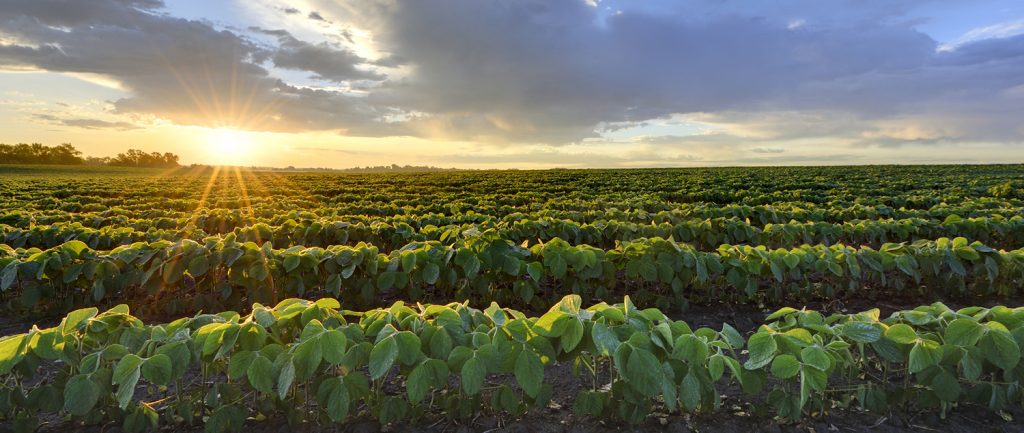The Minnesota Soybean Growers Association (MSGA) joins the American Soybean Association (ASA) and 25 other soy state affiliates in applauding the U.S. EPA’s decision to issue an existing stocks order for dicamba for the 2024 growing season.
“This is a huge win for our farmers,” MSGA President Bob Worth said. “We really want this product, and this is going to mean a lot of good things for our producers out there who have bought dicamba.”
The decision arrived a week after a court ruled on Feb. 6 that EPA made a procedural error in issuing 2020 dicamba registrations for over-the-top (OTT) use on dicamba-tolerant soybeans and cotton. Because EPA did not offer a public notice and comment period before issuing the registrations, the court ruled the agency was in violation of the Federal Insecticide, Fungicide, and Rodenticide Act and vacated 2020 registrations for XtendiMax, Enginia and Tavium.
Working on behalf of its members, MSGA was active throughout the process. Following the ruling, farmer leaders and staff stayed in close contact with legislative aides at the state and federal levels and EPA officials to underscore the importance of keeping dicamba available for growers, along with how the timing would harm not just Minnesota farmers, but the farm economy. MSGA also joined ASA and state affiliates in drafting a letter to EPA urging for immediate clarity, which the agency cited as justification for issuing the existing stocks order.
“This is really great news, because farmers were scrambling to figure out what they were going to do,” Worth said. “This was an all-around team effort between our state and national associations.”
In 2017, MSGA formed the Drift Task Force to examine the data and science behind suspected dicamba damage. The farmer-led group worked with industry and researchers to determine answers and solutions. Soybean farmers from across Minnesota and the country depend on post-emergent dicamba to manage yield-robbing weeds, which have the potential to steal more than half of a crop’s yield and inflict more than $15 billion in damages to U.S. soybean crops if not properly managed.
“This is why it’s important to join MSGA,” Worth said. “We’re working everyday on the behalf of farmers and we get results.”
The ruling would have affected every state in which the products are registered and thus could have impacted 50 million acres of dicamba-tolerant soybeans and cotton — an area larger than the state of Nebraska. Most farmers have already placed orders for herbicide and herbicide-tolerant seed. In addition, growers have few alternative products available to cover the capacity of a nationwide switch.
“The court’s decision on dicamba instantly left tens of millions of acres of U.S. farmland in limbo — and in limbo a matter of weeks before spring planting,” ASA President Josh Gackle said. “We appreciate the certainty EPA’s existing stocks order provides to farmers from North Dakota where I farm all the way to Florida and everywhere in between.”
In December 2023, the Minnesota Department of Agriculture issued its state-specific guidelines for the 2024 growing season. The guidelines had resulted in a 90% decrease in alleged off-site movement onto neighboring property from its peak in 2021.
“The state of Minnesota has done the legwork in researching a safe and effective way to use dicamba,” Worth said. “The restrictions we have in place have proven to work.”




